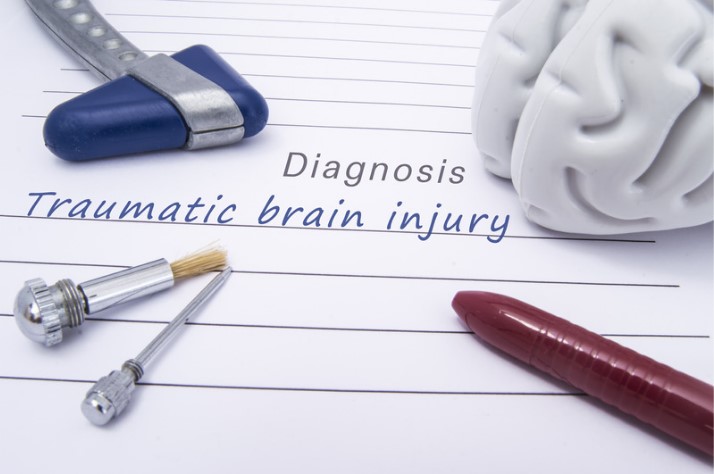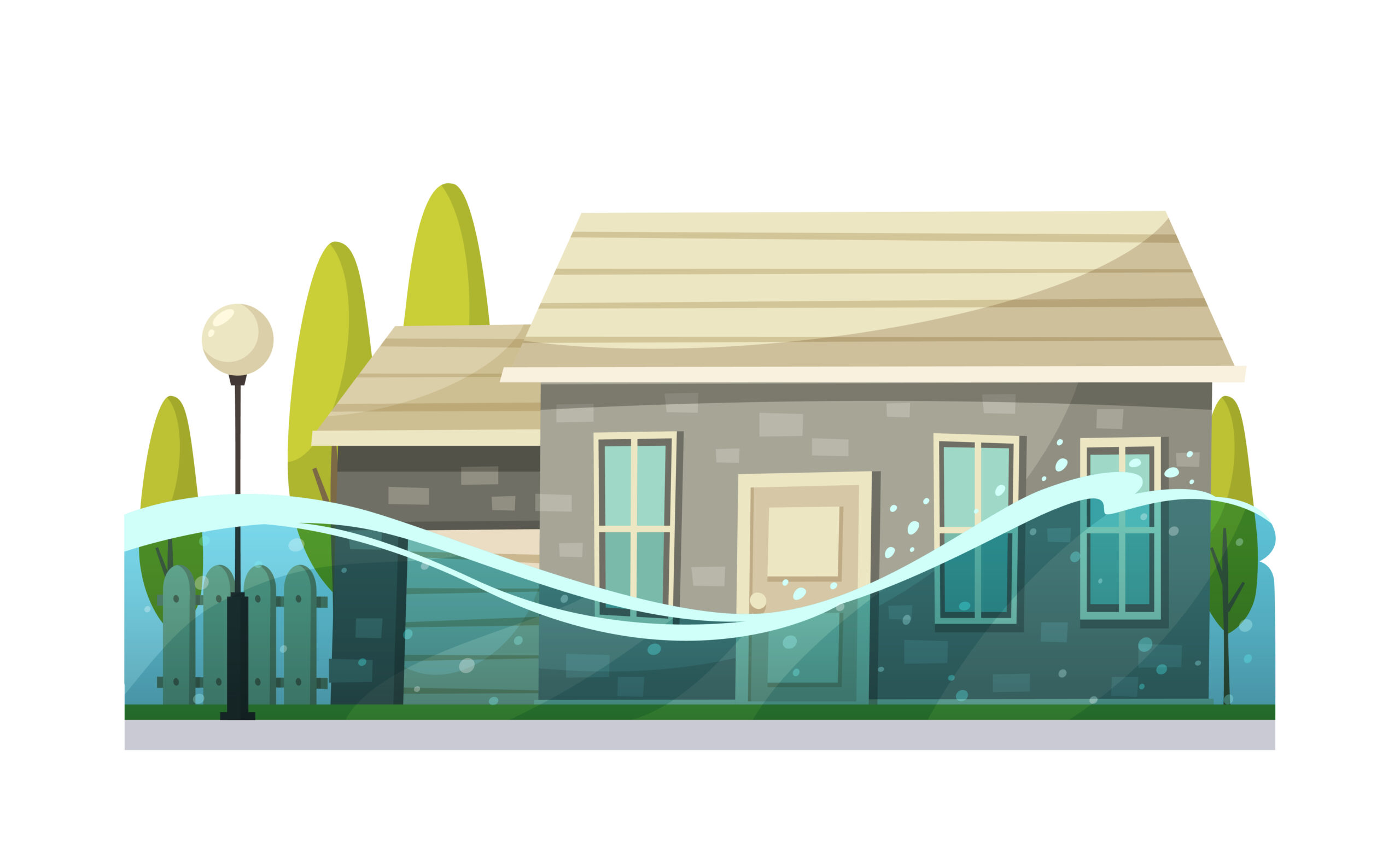Traumatic brain injuries (TBI) occurs when a person suffers from a bump, blow, or jolt to the head that disrupts normal brain function.
The severity of TBIs may range from mild to severe. Mild TBI may cause changes in a person’s mental status or consciousness, and severe TBI can result in an extended period of unconsciousness or memory loss.
Mild TBIs are commonly known as concussions.
Traumatic Brain Injury has similar characteristics to other injuries. The only difference is that it has severe, life-long consequences for a person. Future events can trigger TBI, such as vehicular crashes, sports accidents, or any event where there is a solid blow to the head.
Many people associate TBI with a football-related concussion or moving head injuries. The truth is, there are more layers and severity to this injury.
Below are seven facts to know about this common neurological injury.
6 Facts About Traumatic Brain Injuries
1. TBI Symptoms Can Range From Mild To Severe
Mild TBIs (otherwise known as concussions) can cause changes in a person’s mental status. In comparison, severe TBI is more life-threatening and can cause permanent brain damage and memory loss.
2. TBIs Are Common
According to the Australian Bureau of Statistics, there were over 7000,000 Australians who suffered from brain injury. TBI affects the lives of people of different ages and economic levels.
Anyone can experience TBI, but research suggests certain groups with a greater risk of fatality and life-long complications from it.
3. TBI Is Mainly A Result Of Road Accidents, Falls, Or Violence
Many think that TBI cases involve car accidents, physical assault, or violence. While it is true, most traumatic brain injuries result from something as familiar as a fall.
Falls accounted for about 47% of TBI incidents in 2013.
4. Men Are More Susceptible To TBI Than Women
Men have a higher rate of TBI than most women, particularly during teenage years to early adulthood.
5. TBI May Lead To Short Or Long-term Health Issues
Those who suffer from a TBI may face short- or long-term health problems depending on the severity of the injury.
For example, a mild TBI or concussion may also bring short term symptoms, and the person usually feels better within a couple of weeks or months. On the other hand, severe brain injuries may have long-term or life-long effects from when the damage happens.
For best results, a person with a possible TBI should be evaluated by a health care professional. A reliable doctor may have treatment to help speed up the recovery.
6. TBI During Younger Years May Affect Brain Development
TBI brings different brain reactions to children than most adults. A sudden hit or blow to the head has enough severity to disrupt a child’s developing brain.
TBI can limit the child’s ability to participate in school and sports activities. It can cause changes in their brain health, thinking, and behaviour. Eventually, it will affect the learning approach, self-regulation, and social participation, which are all critical to becoming a productive adult.
Conclusion
No TBI symptoms are precisely alike for every individual. That said, the treatment will also vary depending on the location of the injury, length of coma, and severity.
For some, it may involve taking medications or surgery, such as brain stimulation. For others, traumatic brain injuries can start life-long rehabilitation to improve a person’s capabilities at home and in the community. Some patients may even require physical, occupational, or speech therapy.
The key takeaway is that early treatment for TBI is vital. People who receive immediate and effective treatment can recover and live happy lives even after the injury.
Lean first aid to treat concussion and other symptoms of Traumatic brain injuries








